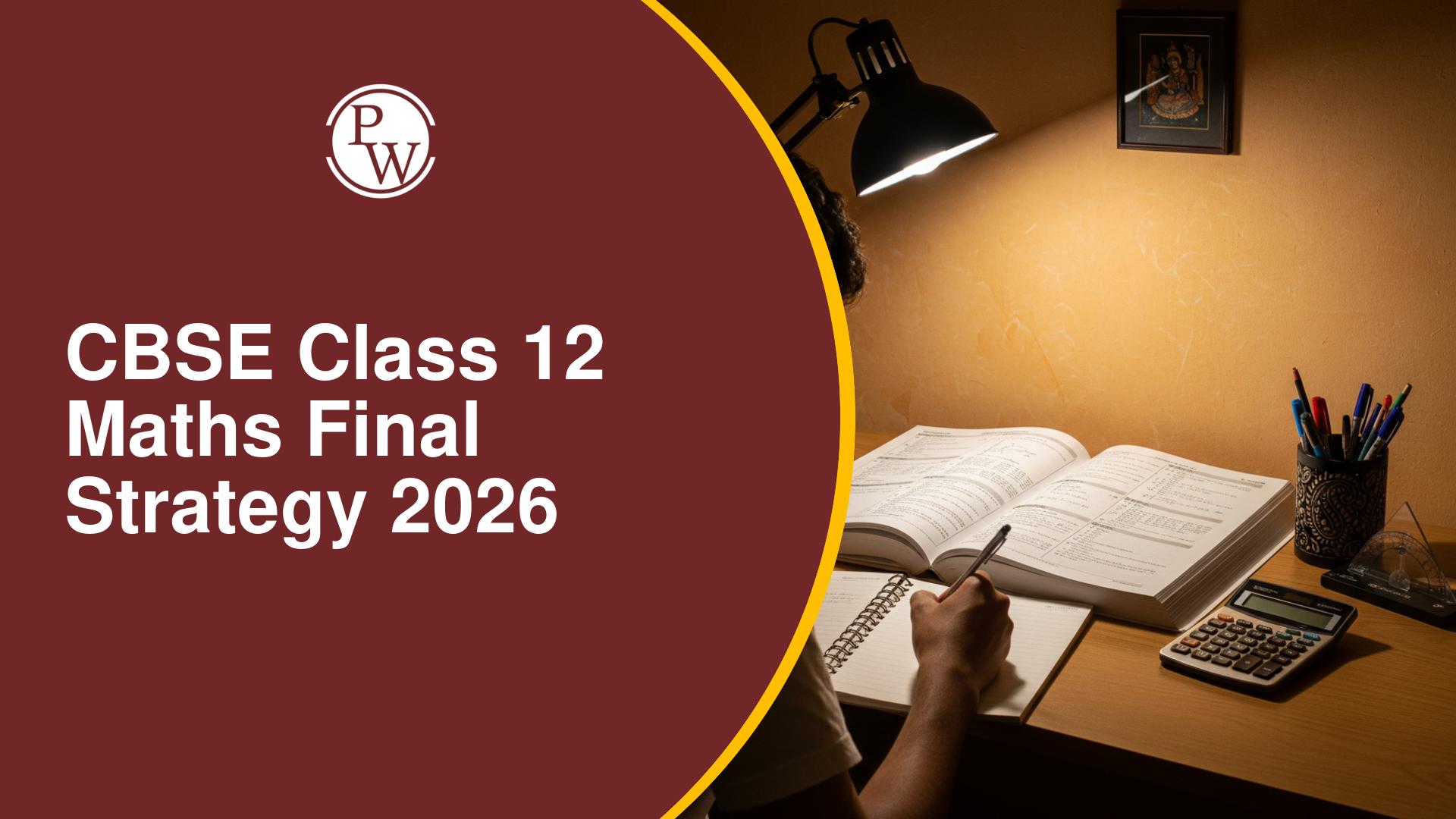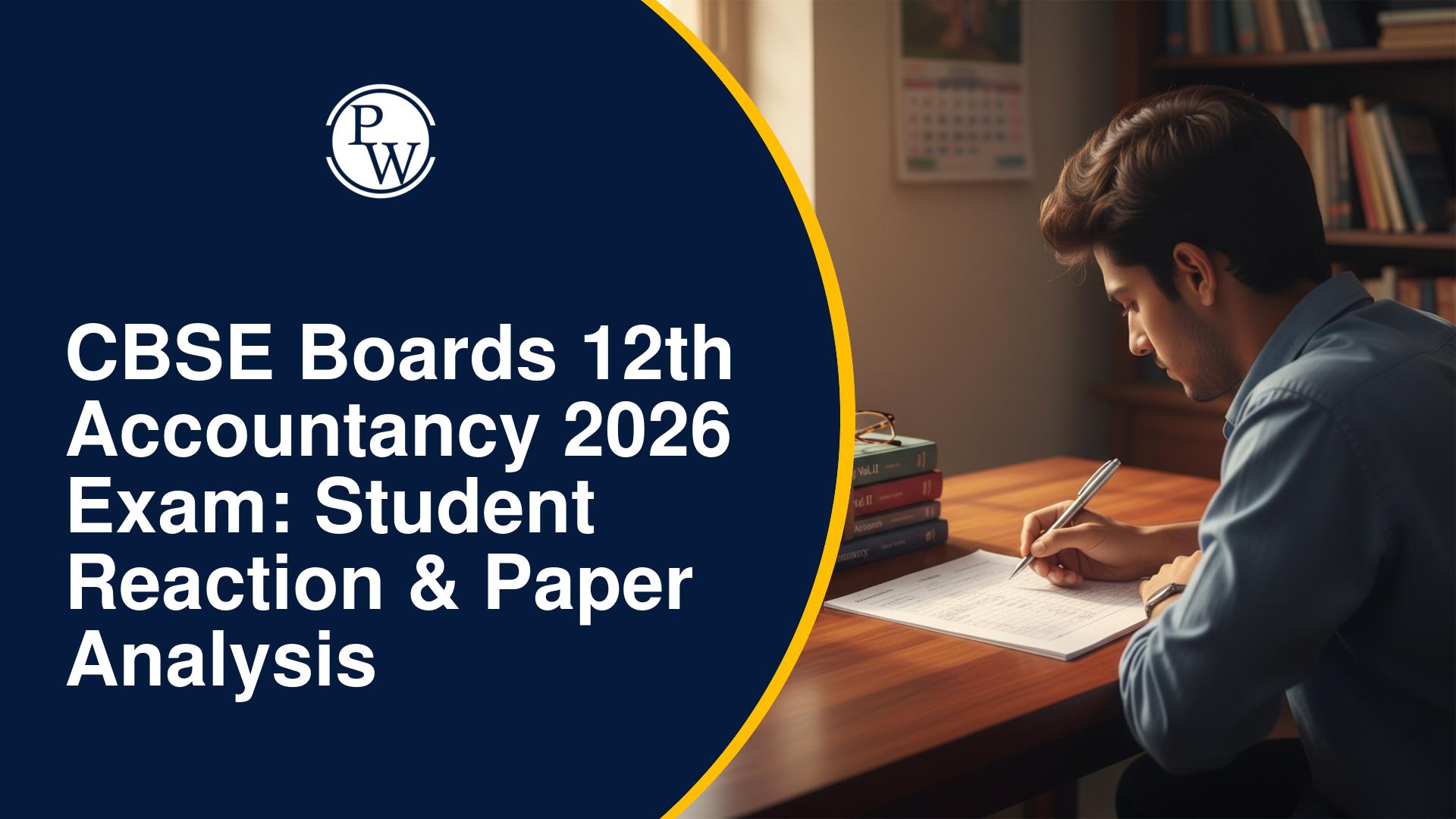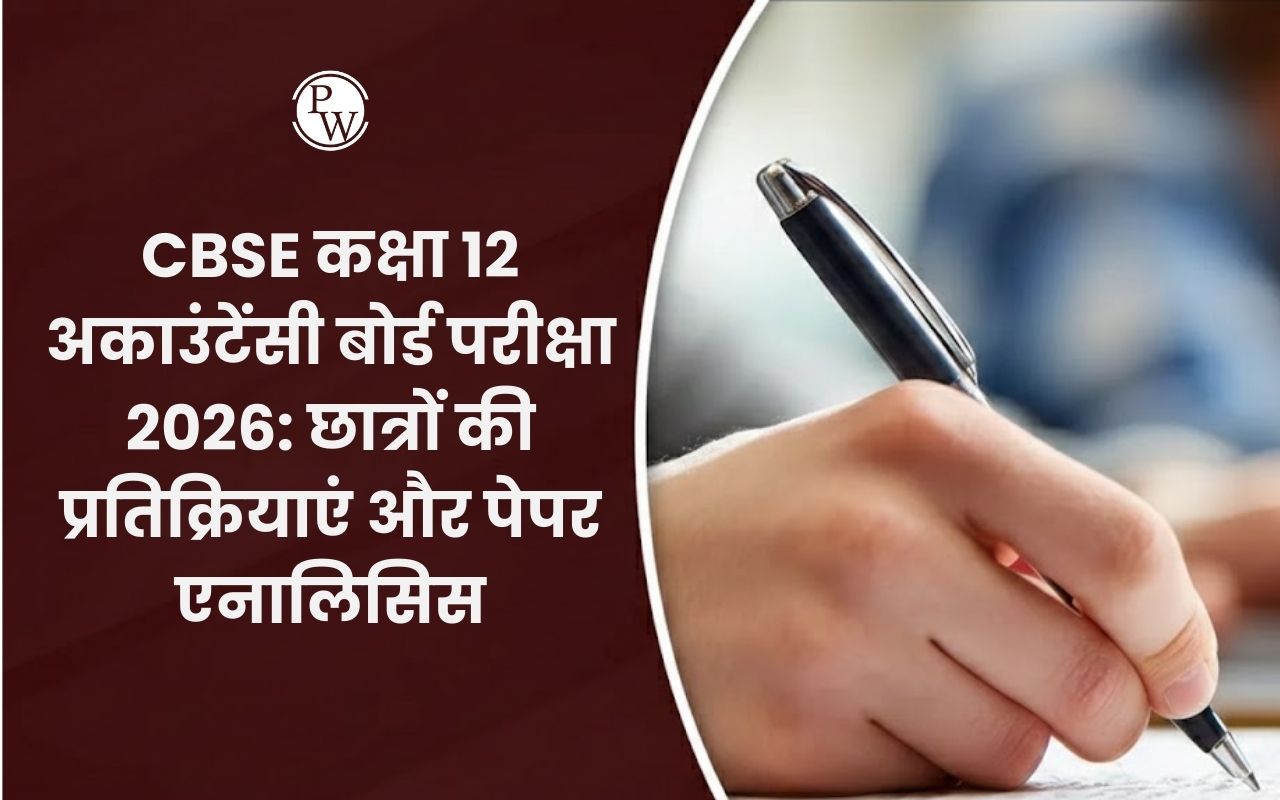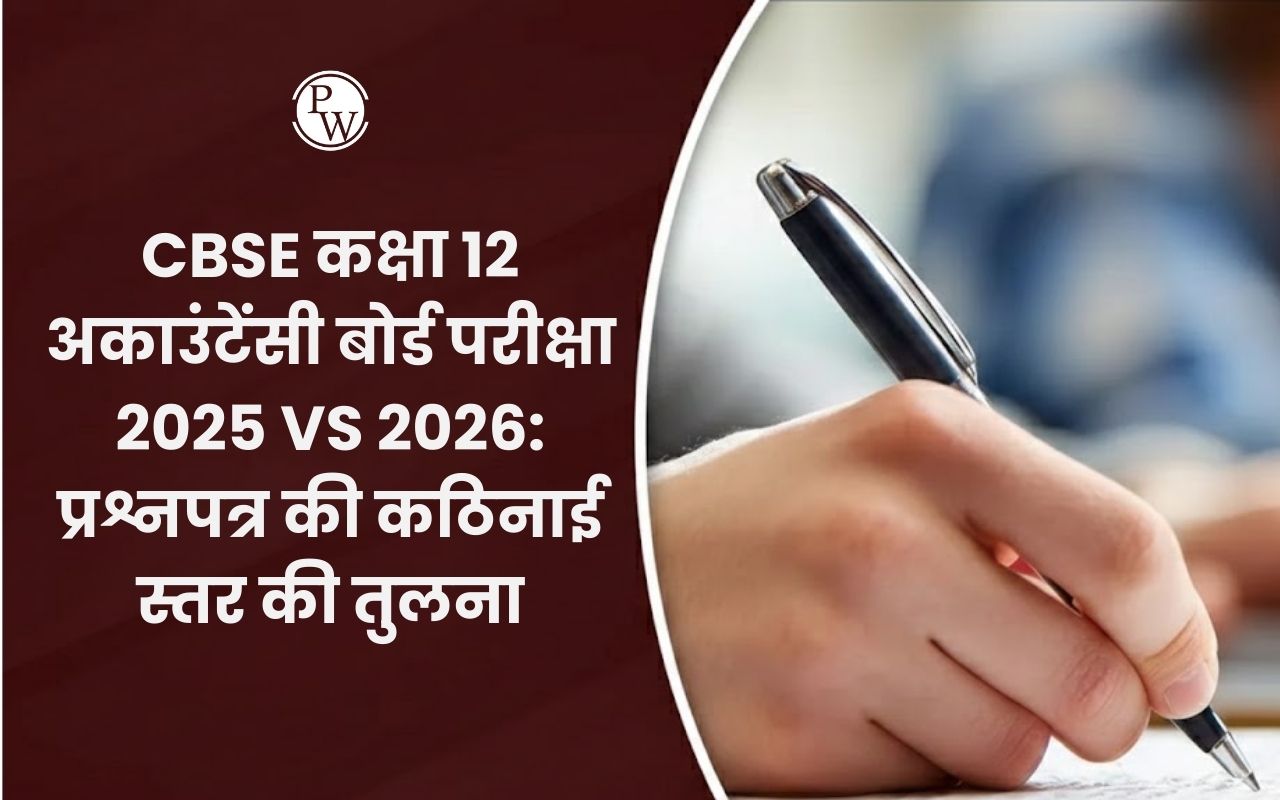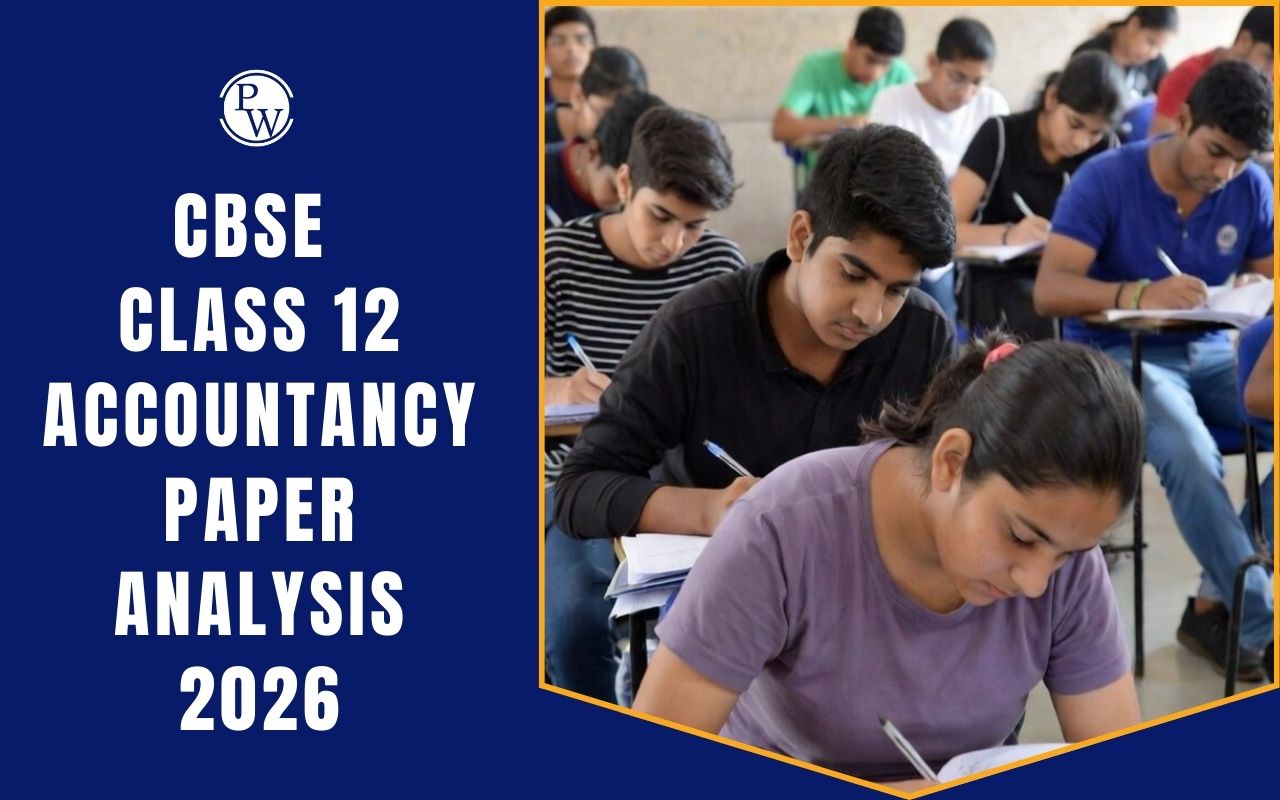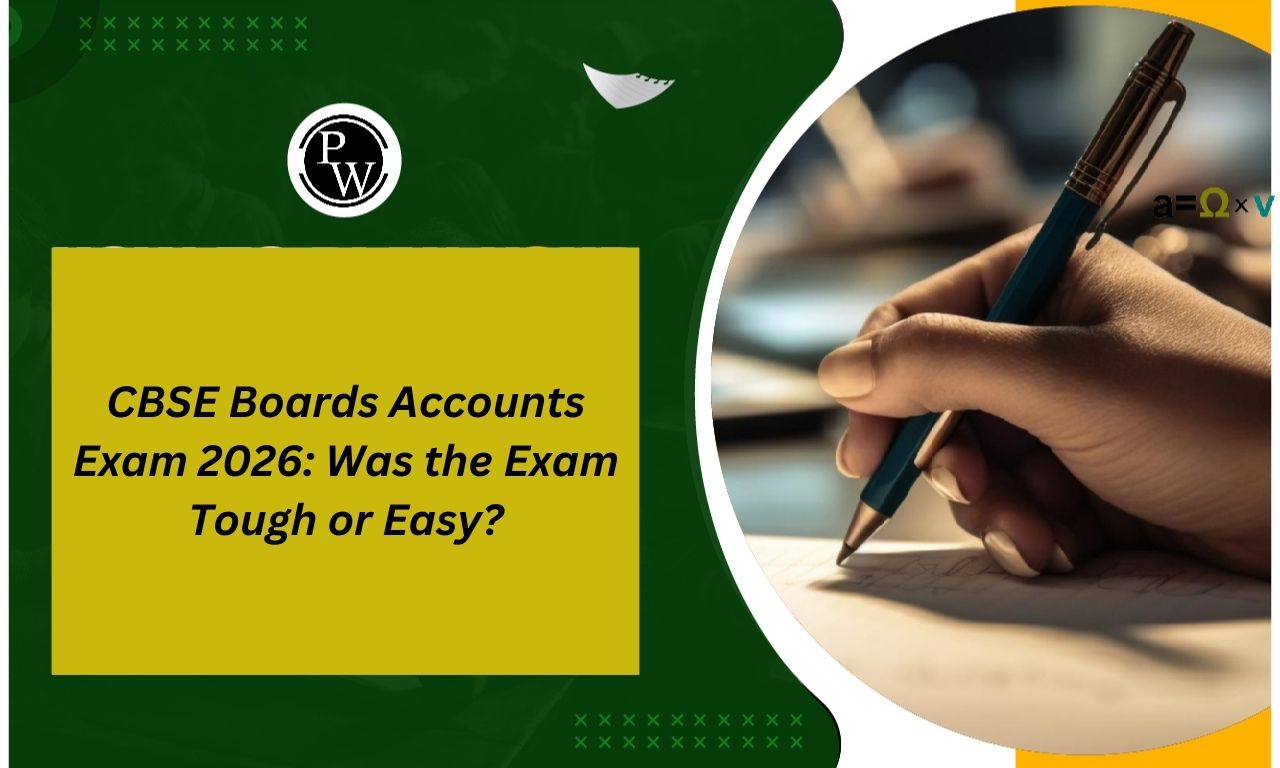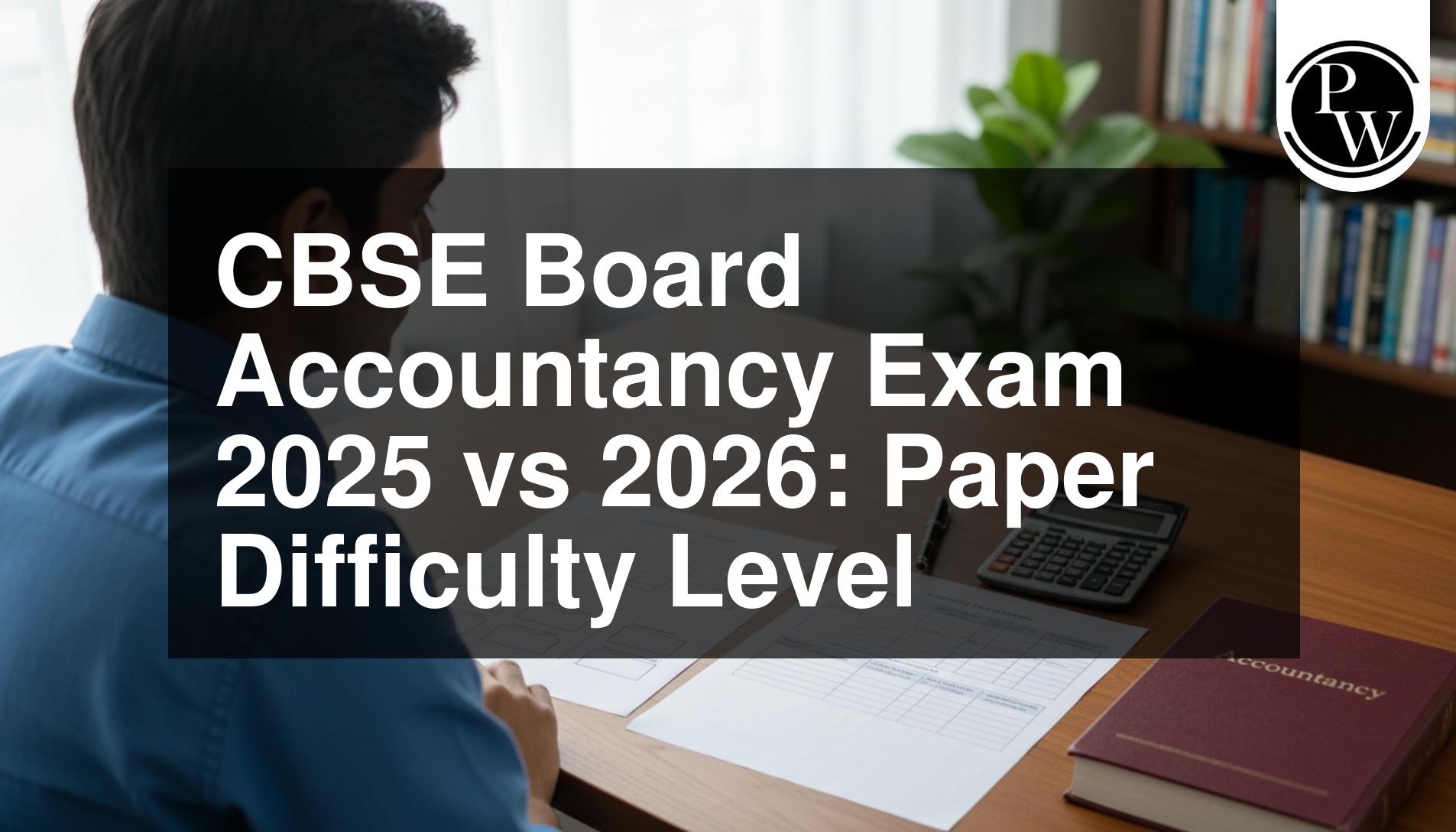
Planning and controlling are two fundamental responsibilities of management which we will talk about in this post. Continue reading to learn more.
Both planning and controlling vary in some manner. Controlling develops performance criteria that are used to assess performance towards organizational objectives. The major purpose of controlling is to assess if individuals and various elements of the company are executing the task as per their target, accomplishing the objectives that they have intended to achieve. On the other hand, planning picks objectives and establishes essential strategies and tactics to reach those goals. Planning and Controlling are done to accomplish objectives in order to avoid failures and increase success.What is Planning?
Planning in management is like sketching a roadmap before embarking on a journey. It involves setting objectives and determining the most effective way to achieve them. In simpler terms, it's the process where an organization envisions its future, outlines the necessary steps to reach that destination, and devises strategies to deal with potential obstacles along the way.What is Controlling?
Controlling in management is similar to being the captain of a ship, ensuring that the vessel stays on course and reaches its destination safely. In the realm of business, controlling refers to the process of monitoring, evaluating, and regulating activities to ensure that the organization's goals and objectives are met effectively and efficiently.Importance of Planning and Controlling
Imagine planning a party: you decide on the theme, create a guest list, choose the venue, and organize activities. Similarly, in management, planning helps in organizing resources, clarifying goals, and ensuring everyone is on the same page. It’s a crucial function because it provides a clear direction for the organization, minimizes uncertainties, and enhances decision-making. Think of controlling as the steering mechanism of a car. No matter how well-designed the route (planning) is, without steering, the car might veer off course. Similarly, controlling ensures that the actions taken align with the planned objectives. It involves measuring the performance, comparing it with the planned goals, and taking corrective actions if there are any deviations.Key Aspects of Planning and Controlling
Aspects of Planning:
Setting Objectives: This is like defining the purpose of the journey. Objectives are specific, measurable, achievable, relevant, and time-bound (SMART), providing a clear target for the organization. Identifying Resources: Just like you need party supplies for your event, organizations need various resources, including human, financial, and material, to achieve their objectives. Developing Strategies: Planning involves devising strategies to achieve the objectives. It's like planning games and activities for the party to ensure everyone has a good time. Organizing: After deciding on the objectives and strategies, the next step is organizing resources and tasks. This is similar to creating a schedule and assigning responsibilities for the party. Anticipating Challenges: No plan is foolproof. Management needs to anticipate potential challenges and have contingency plans in place, similar to having a backup plan in case of bad weather for the party. Monitoring and Feedback: Just as you would keep an eye on how the party is going and adjust activities accordingly, organizations need to monitor progress, gather feedback, and make necessary adjustments to the plan.Aspects of Controlling
Setting Performance Standards: Just as a teacher sets grading criteria for an exam, in business, standards are established for various activities. These standards act as benchmarks against which actual performance is measured. Measuring Performance: Once standards are set, the next step is to measure actual performance. This involves gathering data and assessing how well the organization is progressing toward its goals. Comparing Performance and Standards: By comparing actual performance with established standards, managers can identify any deviations. This comparison highlights where the organization is excelling and where it needs improvement. Taking Corrective Actions: If deviations are identified, managers need to take corrective actions. This could involve changing strategies, reallocating resources, or providing additional training to employees to bring the performance back in line with the standards.Benefits of Planning and Controlling
Benefits of Planning:
Clarity and Focus: Planning provides a clear vision and focus for the organization, ensuring everyone knows what needs to be achieved. Optimal Resource Utilization: It helps in utilizing resources efficiently and prevents wastage. Improved Decision Making: With a well-thought-out plan, decision-making becomes easier as managers have a clear framework to guide them. Flexibility: While plans provide structure, they also allow for flexibility, enabling organizations to adapt to changing circumstances.Benefits of Controlling:
Optimal Resource Utilization: Controlling ensures that resources such as time, money, and manpower are used efficiently, preventing wastage. Enhanced Efficiency: By identifying and rectifying deviations early, controlling improves operational efficiency, making processes smoother and more effective. Strategic Decision Making: Managers can make informed decisions by analyzing performance data, leading to better strategic planning in the future. Motivated Workforce: When employees see their efforts contributing to the overall goals and witness the results of their hard work, it boosts morale and motivation.Challenges Faced in Planning and Controlling
- Rapid changes in markets make long-term planning challenging.
- Incomplete or inaccurate data can hinder effective planning and control.
- Employees may resist new plans and controls, impacting implementation.
- Plans must adapt to dynamic business landscapes.
- Managing multiple plans and controls in large organizations can be complex.
- Allocating resources optimally is a continual challenge.
- Balancing short-term and long-term goals requires careful planning.
- External events like economic shifts can disrupt plans.
- Ensuring compliance with regulations demands ongoing attention.
- Managing costs within budget constraints is a perpetual concern.
Planning and Controlling FAQs
Q1: What are the main types of planning in management? A1: Strategic planning (long-term goals), tactical planning (specific actions), operational planning (daily tasks), and contingency planning (unforeseen events). Q2: How does planning differ from forecasting? A2: Planning sets goals; forecasting predicts future trends based on past data. Q3: What role does technology play in modern planning processes? A3: Technology aids data analysis, collaboration, and real-time adjustments in planning. Q4: What is the purpose of controlling in management? A4: Ensures activities align with goals; monitors, measures, and corrects deviations. Q5: How does tactical planning differ from operational planning? A5: Tactical planning outlines specific actions to achieve strategic goals, whereas operational planning focuses on day-to-day tasks and processes.What are the main types of planning in management?
Strategic planning (long-term goals), tactical planning (specific actions), operational planning (daily tasks), and contingency planning (unforeseen events).
How does planning differ from forecasting?
Planning sets goals; forecasting predicts future trends based on past data.
What role does technology play in modern planning processes?
Technology aids data analysis, collaboration, and real-time adjustments in planning.
What is the purpose of controlling in management?
Ensures activities align with goals; monitors, measures, and corrects deviations.
How does tactical planning differ from operational planning?
Tactical planning outlines specific actions to achieve strategic goals, whereas operational planning focuses on day-to-day tasks and processes.
Talk to a counsellorHave doubts? Our support team will be happy to assist you!

Check out these Related Articles
Free Learning Resources
PW Books
Notes (Class 10-12)
PW Study Materials
Notes (Class 6-9)
Ncert Solutions
Govt Exams
Class 6th to 12th Online Courses
Govt Job Exams Courses
UPSC Coaching
Defence Exam Coaching
Gate Exam Coaching
Other Exams
Know about Physics Wallah
Physics Wallah is an Indian edtech platform that provides accessible & comprehensive learning experiences to students from Class 6th to postgraduate level. We also provide extensive NCERT solutions, sample paper, NEET, JEE Mains, BITSAT previous year papers & more such resources to students. Physics Wallah also caters to over 3.5 million registered students and over 78 lakh+ Youtube subscribers with 4.8 rating on its app.
We Stand Out because
We provide students with intensive courses with India’s qualified & experienced faculties & mentors. PW strives to make the learning experience comprehensive and accessible for students of all sections of society. We believe in empowering every single student who couldn't dream of a good career in engineering and medical field earlier.
Our Key Focus Areas
Physics Wallah's main focus is to make the learning experience as economical as possible for all students. With our affordable courses like Lakshya, Udaan and Arjuna and many others, we have been able to provide a platform for lakhs of aspirants. From providing Chemistry, Maths, Physics formula to giving e-books of eminent authors like RD Sharma, RS Aggarwal and Lakhmir Singh, PW focuses on every single student's need for preparation.
What Makes Us Different
Physics Wallah strives to develop a comprehensive pedagogical structure for students, where they get a state-of-the-art learning experience with study material and resources. Apart from catering students preparing for JEE Mains and NEET, PW also provides study material for each state board like Uttar Pradesh, Bihar, and others
Copyright © 2026 Physicswallah Limited All rights reserved.
